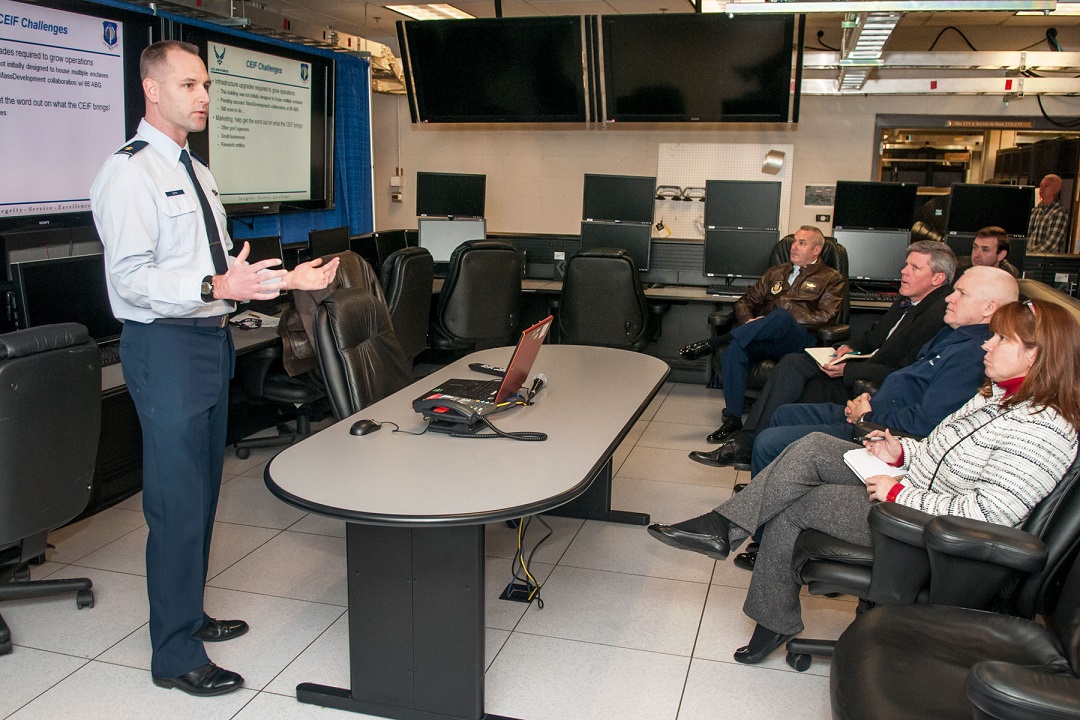This post is also available in:
 עברית (Hebrew)
עברית (Hebrew)
Germany wants to establish an agency like the American DARPA. Its Defense and Interior ministry officials are pushing for the creation of a new agency this year that will study disruptive technologies relevant to Germany’s defense and security.
A decision on the way forward is expected “shortly,” a Defense Ministry spokesman told defensenews.com. Planning is underway to get the green light from the Finance Ministry, a necessary step because the agency would be set up as an “in-house” limited liability corporation, according to the spokesman.
The agency, that will be called ADIC, will be overseen by the two ministries for interior and exterior security, and would help ensure Germany’s “technological innovation leadership.”
Defense Minister Ursula von der Leyen referred to the coming agency in a speech in May, equating its purpose to that of the Pentagon’s Defense Advanced Research Projects Agency, otherwise known as DARPA.
She presented the idea as part of a wider plan toward deep-futures thinking on cybersecurity matters, which also includes a study program at the Bundeswehr University in Munich.
Much remains unknown about the German military’s approach to artificial intelligence, famously dubbed by Russian President Vladimir Putin last year as the technology that holds the key to ruling the world.
“The research area of artificial intelligence and potential applications by the Bundeswehr are being substantively reviewed,” the defense spokesman said. Whether the new ADIC or any of the existing organizations inside the Defense Ministry would get involved remains an open question, he added.
Some experts fear Germany is falling behind the United States’ and China’s enormous efforts in artificial intelligence, though government officials have said they believe the country’s talent base and emerging policy framework can ensure success. Efforts already exist within the armed forces and the wider government to employ data-mining and predictive-analysis tools, which fall under the broader definition of artificial intelligence. For example, defense officials have touted experiments with a forecasting application developed to predict worldwide crises.


























